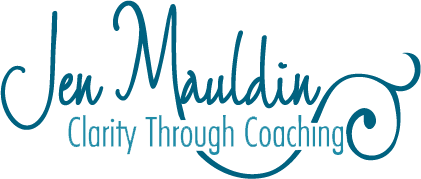Like you, I receive several Facebook posts or emails prompting me to watch stories or click links to read interesting articles. Like you I quickly skim through the posts and emails and rarely do I pause for a closer look. Last week, however, a post really caught my eye. The post was a TED Talk titled, “What Makes a Good Life? Lessons from the Longest Study on Happiness”.
The Longest Study on Happiness began in 1938 with 724 men who came from two groups. Group one was made up of men from Harvard University who were teenagers but were quickly recruited for WWII and served in the armed forces. The second group were teenagers from Boston who came from impoverished and fractured backgrounds. The purpose of the study was to track people from teenage to old age and determine what keeps people happy and healthier.
Robert Waldinger, the most recent director of the study, said that recently when millennials were asked what will help you be happy and have the best life in terms of time and energy. Eighty percent of the millennials answered “to get rich” and 50 percent “to be famous”. The study’s results, however, were contrary to the thought of the millennials. What were the lessons of the 75-year study? The lessons were not that working harder or fame made us happier or healthier, the clearest message is that good relationships are the keys to a happy and healthy life. The study pointed out three big lessons about relationships.
The first lesson was that social connections are good for us and that loneliness kills. People who are lonely are less healthy as they age. Lesson number two is that it is not the number of the friendships but it is the quality of the relationships. Living in conflict is worse than being in no relationship. Good close relationships protect us as we age. Finally lesson number three..good and close relationships protect our brains and as well as our physical and mental health.
As a life coach who works with clients to find direction during transitions such as job changes, break up of relationships (divorce or separation) or even retirement, I see the power of a strong support system made up family and friends. For this reason, I strongly encourage clients to push away from screen time and meet friends, be open and ask for help from loved ones and if there are fractured relationships take the first step to make amends. Quality relationships can strengthen that bridge to the next chapter of life.
Blessings,
Jen
